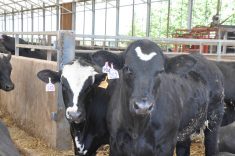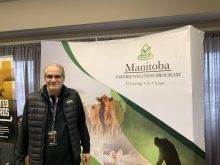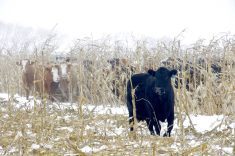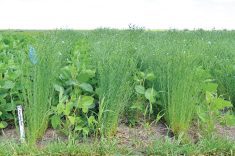Most of the projects marked for the next round of government environmental and climate resiliency funding have to do with agriculture.
On June 27, the governments of Canada and Manitoba announced they will invest $10.9 million in Manitoba initiatives through the Low Carbon Economy Fund (LCEF). The fund has a stated aim of reducing greenhouse gas emissions and transitioning the province from fossil fuels to renewable energy while promoting growth in the low-carbon economy and green job creation and maintaining industry competitiveness. It’s also meant to improve energy efficiency and reduce energy costs.
Twenty-four of the 32 projects will focus on agriculture. The remainder will support non-profit and social housing and mixed-use community development projects.
Read Also
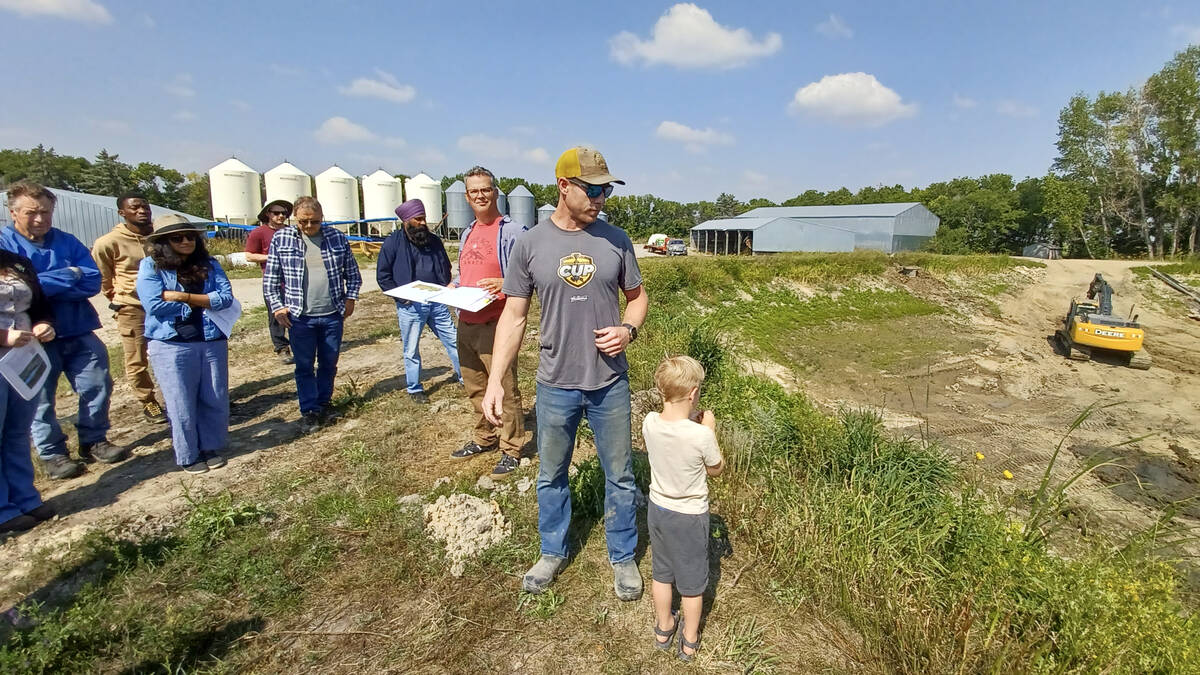
MANITOBA AG DAYS: Farm profit panel tells fellow farmers to focus on controllables
Farmers can’t control an uncertain market or global politics, but they can control farm and risk management, Manitoba Ag Days 2026 attendees hear.
The funding announcement was made by Tracy Schmidt, provincial minister for environment and climate change, and Terry Duguid, parliamentary secretary to the prime minister and special advisor for water, on behalf of federal Environment and Climate Change Minister Steven Guilbeault.
“From housing to agriculture, we are working with businesses and organizations to reduce emissions, save money, and save energy,” Schmidt said.
Rick Rutherford, president and owner of Rutherford Farms in Grosse Isle, Man., is among those who has recieved support from LCEF. In the June 27 release he noted sustainability-oriented changes to his operation.
“The funding we received from the LCEF program is helping us move to our latest goal to become a net-zero emissions farm,” he said.
Eligible recipients of the LCEF fund include municipalities, government entities, industry, Indigenous communities, and non-profit organizations.






